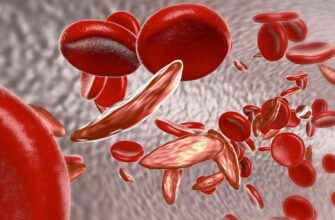Throat cancer is a type of cancer that develops in the throat, voice box, or tonsils. It is a serious condition that requires prompt diagnosis and treatment. In this article, we’ll discuss the symptoms of throat cancer and the available treatments.
Symptoms of Throat Cancer
The symptoms of throat cancer may include a sore throat that does not go away, difficulty swallowing, a lump or sore that does not heal, hoarseness, and ear pain. Other symptoms may include unexplained weight loss, a cough that persists, and coughing up blood.
Risk Factors for Throat Cancer
The risk factors for throat cancer include smoking, alcohol consumption, a family history of cancer, exposure to the human papillomavirus (HPV), and poor oral hygiene. Men are also at a higher risk of developing throat cancer than women.
Diagnosing Throat Cancer
Throat cancer is usually diagnosed through a combination of tests, including a physical exam, imaging tests, and a biopsy. Your doctor may also order blood tests to check for certain markers that may indicate the presence of cancer.
Treatments for Throat Cancer
The treatment options for throat cancer depend on the stage and location of the cancer. Surgery, radiation therapy, and chemotherapy are the most common treatments. Your doctor may recommend a combination of treatments based on your individual needs.
Surgery for Throat Cancer
Surgery for throat cancer may involve removing all or part of the affected area. In some cases, reconstructive surgery may be necessary to rebuild the area after the cancer has been removed.
Radiation Therapy for Throat Cancer
Radiation therapy uses high-energy radiation to kill cancer cells. It may be used alone or in combination with other treatments, such as chemotherapy or surgery.
Chemotherapy for Throat Cancer
Chemotherapy uses drugs to kill cancer cells. It may be used alone or in combination with other treatments, such as radiation therapy or surgery.
Targeted Therapy for Throat Cancer
Targeted therapy uses drugs that specifically target the cancer cells. It may be used alone or in combination with other treatments, such as chemotherapy or radiation therapy.
Preventing Throat Cancer
Preventing throat cancer involves reducing your risk factors. This may include quitting smoking, reducing alcohol consumption, practicing good oral hygiene, and getting vaccinated against HPV.
Living with Throat Cancer
Living with throat cancer can be challenging, but there are resources available to help. Support groups, counseling, and rehabilitation services can all help you cope with the physical and emotional effects of cancer.
Conclusion
Throat cancer is a serious condition that requires prompt diagnosis and treatment. If you experience any of the symptoms of throat cancer, it’s important to see a doctor as soon as possible. With early detection and appropriate treatment, many people with throat cancer are able to make a full recovery.











